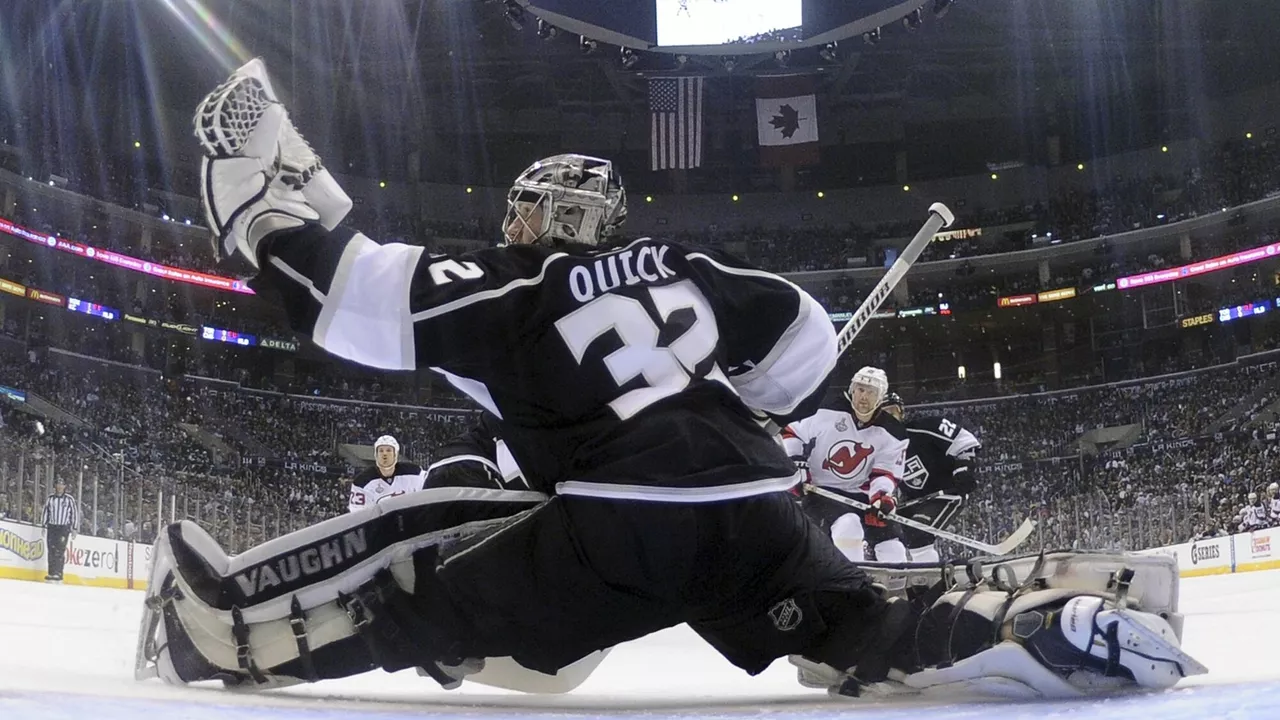Sports Culture
When exploring Sports Culture, the blend of athletic competition, community identity and shared traditions. Also known as athletic culture, it shows how games shape everyday life. It isn’t just about scores or stadium lights; it’s the feeling you get when a hometown team wins, the chants that echo through city streets, and the rituals that turn a simple match into a rite of passage. sports culture connects fans, families and brands, turning a pastime into a social force. Think about how a concert‑like atmosphere at a football match can spark a fashion trend, or how a bowl‑game dinner becomes a yearly family tradition. In short, sports culture mixes sport, community, media and identity into one living story.
Why Sports Culture Matters
At its core, Sports, organized physical activities with rules, teams and spectators provide the raw material for cultural expression. The Culture, the shared beliefs, customs and creative output of a group then interprets that material – from stadium songs to viral memes. Community, a network of people who identify with each other through common interests is the glue that turns occasional viewers into lifelong supporters; it’s why a local cricket club can feel as important as a national league. Finally, Media, the channels that broadcast, report and comment on events amplifies every celebration and controversy, turning a backyard game into a worldwide conversation. Together these entities create a feedback loop: sports generate moments, culture adds meaning, community spreads the story, and media broadcasts it back, inviting more participants. This loop explains why a sinkhole in Bangkok or a Crocs record can appear alongside talk of a football legend’s retirement – all are parts of the same cultural conversation.
The articles below illustrate how far the conversation stretches. From a Britpop icon teasing a future tour, to a record‑breaking Crocs collection that funds foster‑care programs, to debates about whether a single match should decide a championship – each piece shows a different facet of sports culture in action. You’ll see how global events shape local feelings, how athletes become cultural icons, and how everyday fans turn ordinary moments into shared legends. Dive into the collection to see how sport, tradition, community and media intersect across continents and topics, and discover the patterns that keep the world talking about games long after the final whistle.



